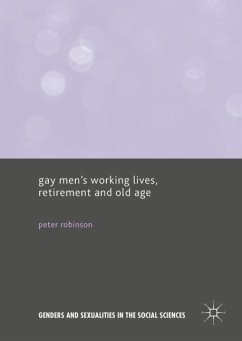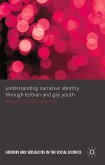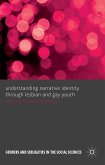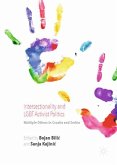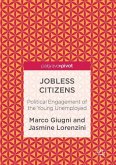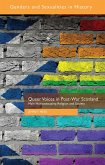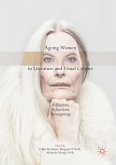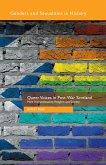This book examines the working lives, retirement plans, and old age experiences of three generations of gay men born 1924-86. It draws on data collected from interviews with 82 men in Australia, England, New Zealand, and USA. The first half of the book concentrates on the men's working lives, while the second half of the book explores the interviewees' concerns about old age and retirement. The author analyses the men's contrasting stories, highlighting key generational differences in their experience of being 'out' in the workplace and the dominant work narratives which emerge in each age group. This important work will have cross-disciplinary appeal to scholars of sociology, gerontology, health sciences, gender, queer, and gay and lesbian studies, as well as practitioners.
"A major strength of the work is the combination of scholarly theoretical analysis and empirical research with practical questions that have potential to contribute to more effective practice, advocacy, and policy and program development for professionals. ... The book is also a useful resource for students. Theoretical and empirical investigations of sexual diversity can help students exercise leadership as they emerge into the social work profession." (Linda Briskman, Australian Social Work, February 26, 2019)
"This book is important because it highlights the necessity of considering intersectional identities within trans communities. ... highly recommended for researchers, social workers, clinicians, and community activists who work with older gay and trans populations, or for anyone who wants to educate themselves on the lived realities of queer elders." (Christine Smith, The Gerontologist, Vol. 59 (1), 2019)
"This book is important because it highlights the necessity of considering intersectional identities within trans communities. ... highly recommended for researchers, social workers, clinicians, and community activists who work with older gay and trans populations, or for anyone who wants to educate themselves on the lived realities of queer elders." (Christine Smith, The Gerontologist, Vol. 59 (1), 2019)

